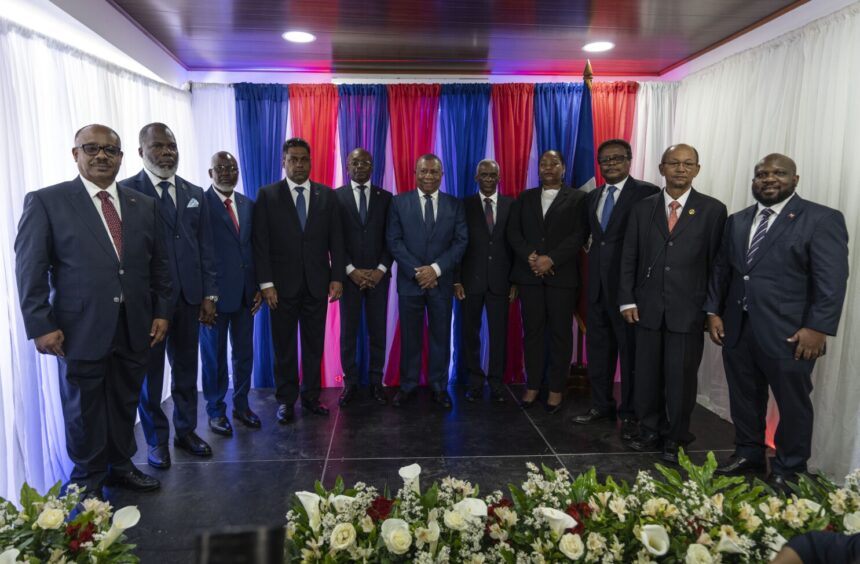The United Nations Integrated Office in Haiti (BINUH) appears to be growing tired of the nonchalance and lack of political willingness of the Presidential Transition Council (CPT) and the government in addressing Haiti’s security issues.
In a statement released on Monday, the United Nations Integrated Office in Haiti underscored the importance of a successful political transition in Haiti, alongside ongoing security efforts.
This message comes as a clear warning to the CPT, which has been criticized for its lack of tangible progress since its formation.
As the Haitian population continues to suffer from widespread violence across the country, the BINUH warned against political inaction, urging stakeholders to “redouble their efforts to fulfill their commitments.”
In a context marked by urgency and instability, the BINUH emphasized that “security efforts will only lead to concrete and lasting progress if they are accompanied by advancements toward organizing credible, participatory, and inclusive elections in Haiti.”
Caught up in a corruption scandal, the CPT seems unable to mobilize the necessary efforts to meet the expectations of the Haitian people and the international community.
Having been established approximately eight months ago after prolonged delays, the CPT has shown little interest in facilitating a resolution to Haiti’s crisis or addressing the dire security situation. The council members appear to be more focused on protecting their personal interests.
The BINUH reiterated that “political stability is necessary to enable an improvement in the country’s situation,” stressing the urgency of concrete progress in preparing for elections.
The Office expressed its appreciation for the efforts of the CARICOM Eminent Persons Group but noted that such initiatives can only succeed with the active collaboration of all parties involved. It called on Haitian stakeholders to “fully play their role in ensuring the success of the transition, in accordance with the legitimate aspirations, needs, and interests of the Haitian people.”
Despite its stated commitment to supporting efforts to restore public trust in Haiti’s institutions, the BINUH appears increasingly frustrated by the CPT’s lack of results. “We want to see actions, not just promises. The Haitian people cannot wait any longer,” the United Nations Integrated Office in Haiti declared. Nonetheless, it reaffirmed its “firm commitment to continuing to support all efforts aimed at restoring the Haitian people’s trust in their authorities, with full freedom and independence.”







